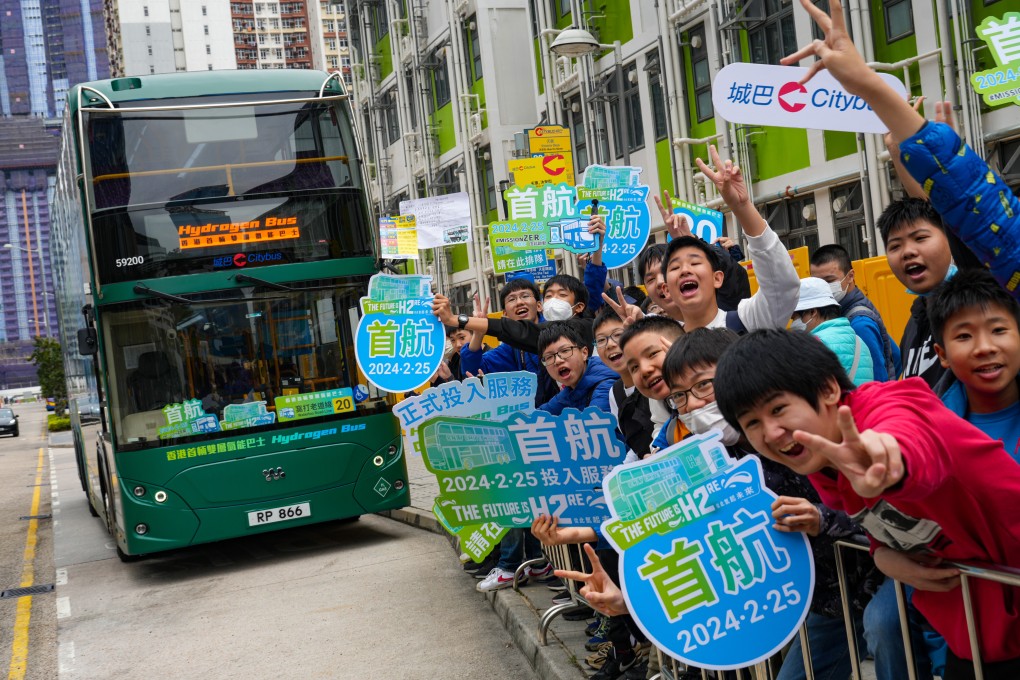Letters | Electric or hydrogen-powered buses? Hong Kong needn’t choose
- Readers weigh in on whether Hong Kong should go down the hydrogen-powered-transport path, the installation of more electric-vehicle charging points, and lessons from the Dubai floods

It is true that at the current interim stage, hydrogen-powered vehicles worldwide usually rely on grey hydrogen, produced from natural gas or as a by-product of processes in the chemical industry. However, when total emissions from source to transportation to end-use are considered, the carbon intensity of grey hydrogen is lower than that of coal-generated electricity.
As such, the life-cycle carbon footprint issues associated with electric vehicles in Hong Kong, including the carbon intensity of electricity generation and pollution from battery disposal, are of more concern than the environmental issues related to hydrogen-powered vehicles.
Green hydrogen should be the long-term goal; the current issues of its limited supply and high cost are expected to be resolved with technological advancements and strong research efforts by energy companies. However, waiting for green hydrogen before developing hydrogen vehicles would slow progress, because early adoption helps drive down prices, as the solar photovoltaic industry has demonstrated.
Energy efficiency should be measured in terms of life cycle. Although electric power may be more efficient at the end-user level, significant energy is lost at coal power plants. The heavier lithium batteries in electric buses also decrease the effective payload due to the energy consumed by the batteries themselves.